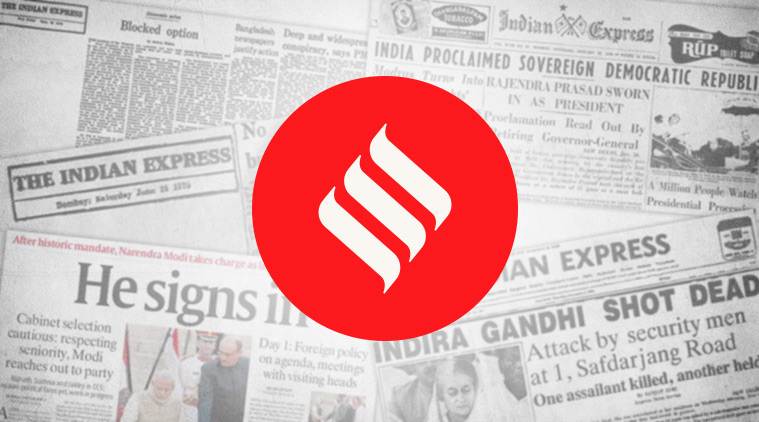
Iranian Foreign Minister Javad Zarif’s visit to Delhi this week was part of Tehran’s effort to mobilise international political support in its confrontation with America. In the last few days, Washington has raised an alarm about unspecified new threats from Iran. Media reports from Washington say the US has plans to deploy more than 1,00,000 troops to the Gulf. Meanwhile, the commander of Iran’s Revolutionary Guards has said Iran is on the cusp of a “full scale confrontation with the enemy”. Iran had been threatening to disrupt oil supplies from the region if its own energy exports are blocked by the US. Washington sees Tehran’s hand in the recent attacks on Saudi oil tankers in the Gulf.
For now, Delhi appears to have deflected Zarif’s request for political solidarity. Foreign Minister Sushma Swaraj said any major decisions, such as importing oil from Iran in defiance of the US sanctions, would be taken by the next government. But the foreign policy establishment in Delhi knows that, whatever the outcome of the election, India’s room for manoeuvre in the Gulf is limited. At least three challenges stare at India.
First, despite the traditional temptation to posture against US unilateralism, Delhi has shown little appetite in the past to jeopardise its growing American equities for the sake of Iran. The UPA government, for example, chose to secure India’s own nuclear deal with the US rather than defend Iran’s nuclear transgressions during 2005-08. Delhi’s pragmatism was vindicated when Iran concluded a nuclear deal of its own with the US in 2015. Second, the current crisis is not merely about US hostility to Iran. It is, even more, about the deepening conflict between Iran and its Arab neighbours — especially Saudi Arabia and the United Arab Emirates. The NDA government is acutely conscious of the big political gains it has made with these two Arab states in the last five years. As part of their campaign to win Indian empathy, both Saudi Arabia and the UAE have promised to make up for the loss of Iranian oil supplies under US sanctions. Whether Delhi acknowledges it or not, any cold calculation surely tilts the diplomatic scales towards the US and the Arabs. Yet, Delhi knows that a new Gulf War would impose huge political and economic costs not only on the region but also on India. That points to the third challenge. Rather than duck the difficult issues or offer empty rhetoric, Delhi must consider promoting regional reconciliation between Iran and the Gulf Arabs. South Block professionals must draft a Gulf peace initiative for the consideration of the next government when it takes charge in a few days’ time. The obstacles to such an initiative are real, but a genuine diplomatic effort offers a necessary moral complement to India’s realpolitik in the Gulf.